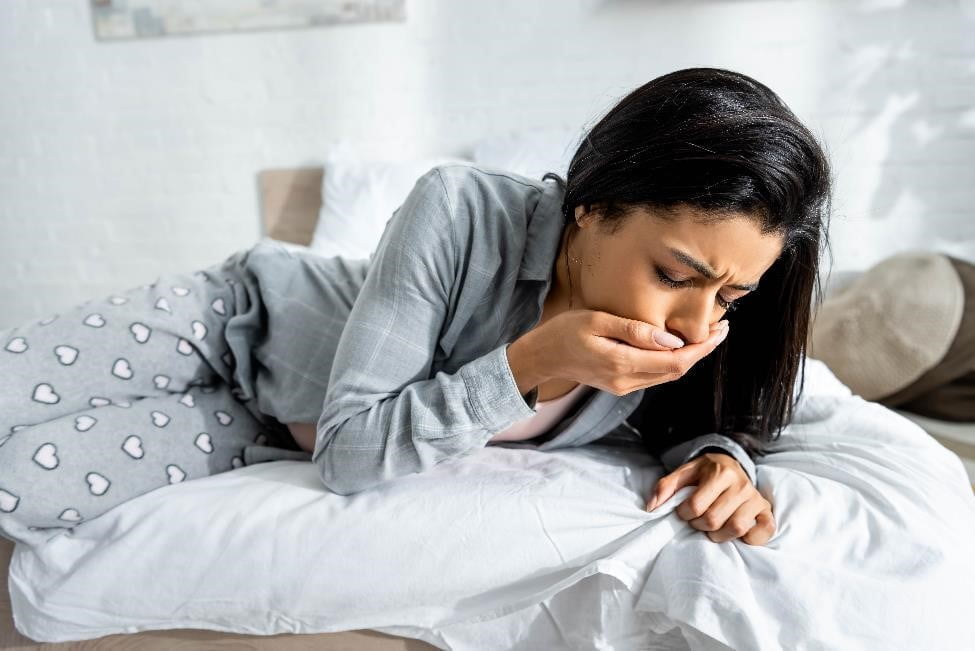
Let’s Know about Ulcerative Colitis
Ulcerative colitis is an inflammatory bowel disease that causes chronic inflammation and ulcers in your gastrointestinal or digestive tract. This disease can affect the innermost lining of your large intestine or colon and rectum. It causes irritation, inflammation, and ulcers or sores in the lining of your large intestine or colon. It usually begins in the rectum and spreads upward and covers your entire colon. The problem is quite common among the people of the age group of 15-30 years.



